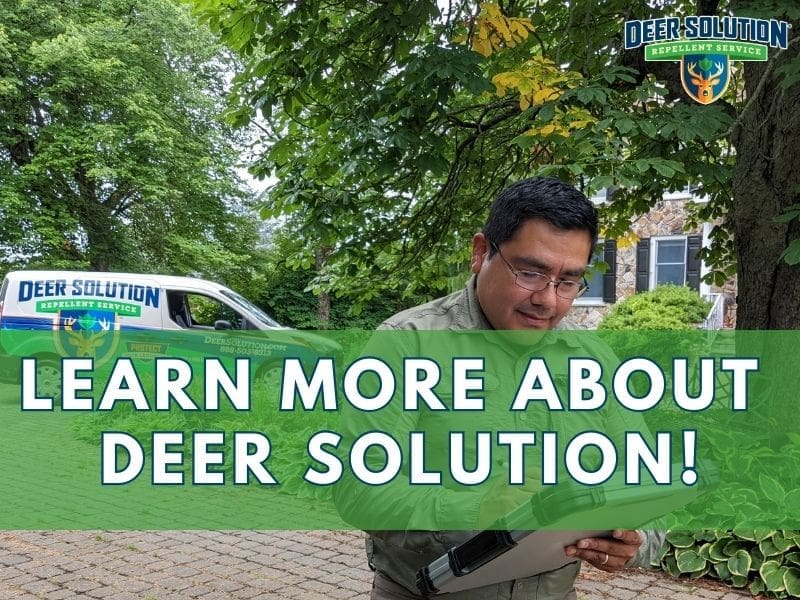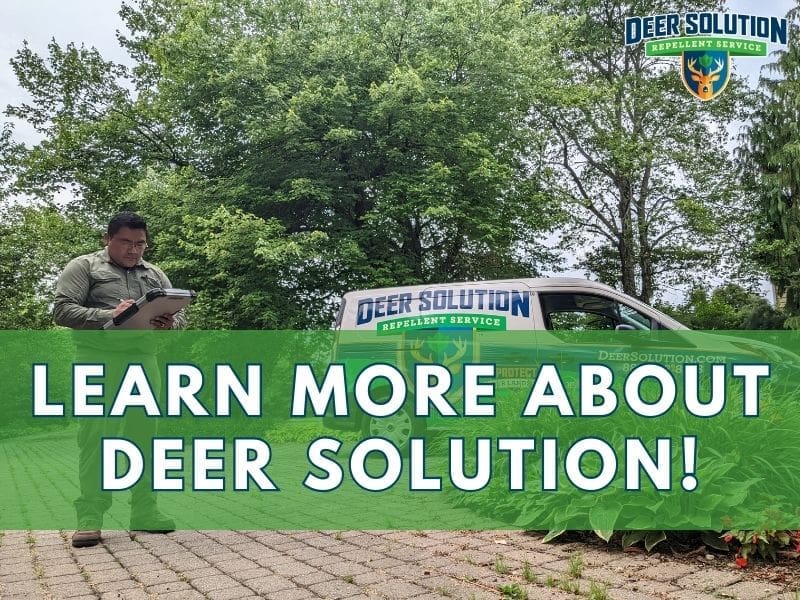In Prince George’s County, Maryland, a significant environmental issue is emerging due to the overpopulation of white-tailed deer. This growth in deer numbers is leading to various ecological and societal problems, challenging the balance of local ecosystems and community safety.
Roots of the Overabundance
The increase in the deer population can be attributed to several factors:
- Abundant Food Sources: Agricultural and residential landscaping in the area provide ample food for deer.
- Ideal Habitats: The county’s suburban areas offer perfect habitats for deer.
- Predator Removal and Hunting Regulations: The absence of natural predators and changes in hunting laws have disrupted traditional population control methods.
Impact of Growing Deer Population
The consequences of deer overpopulation are far-reaching:
- Ecological Damage: Excessive feeding on young trees and plants by deer is leading to forest degradation, reduced biodiversity, and the spread of invasive species.
- Increased Deer-Vehicle Collisions: The growing deer population has led to a rise in accidents, posing risks to both drivers and animals.
- Property Damage: Residential and agricultural areas are facing increased damage due to deer activities.
- Health Risks: There is a potential rise in diseases like Lyme Disease due to the higher deer population.
Deer Management Strategies
In response, Prince George’s County has initiated deer management programs:

- Population Surveys: Regular surveys help in assessing deer density and determining the need for management in various parks.
- Public Engagement: The county considers public comments, ecological data, and safety factors in its management strategies.
The Role of the Community
Property owners are encouraged to adopt measures like deer-resistant landscaping and use of deterrents to mitigate deer-related conflicts.
The Path Forward
The county’s efforts highlight the importance of sustainable wildlife management and the need for community involvement in addressing ecological challenges.










